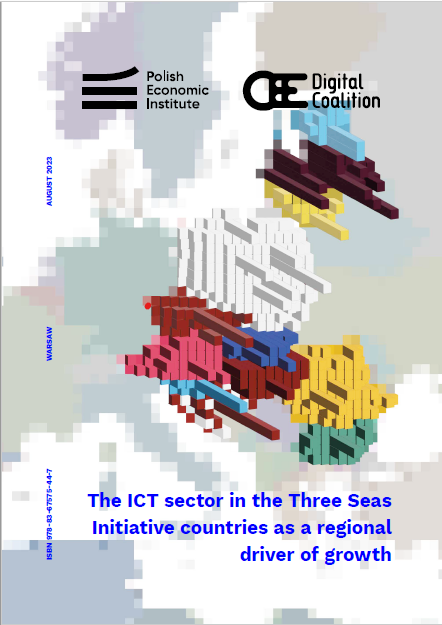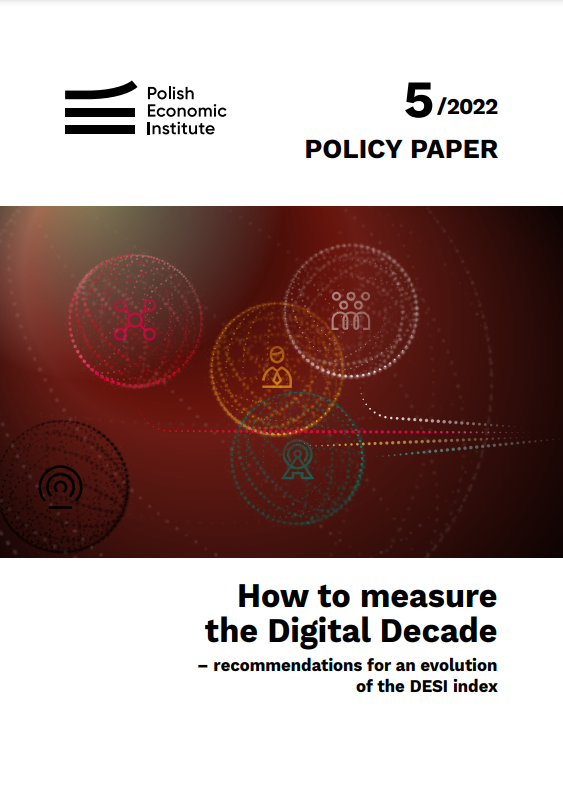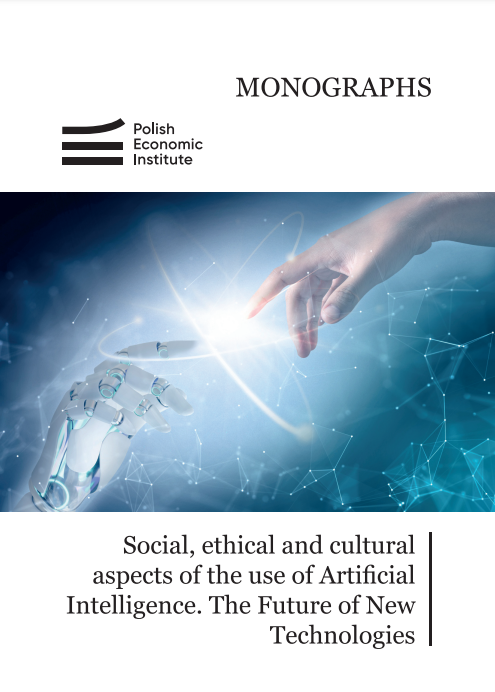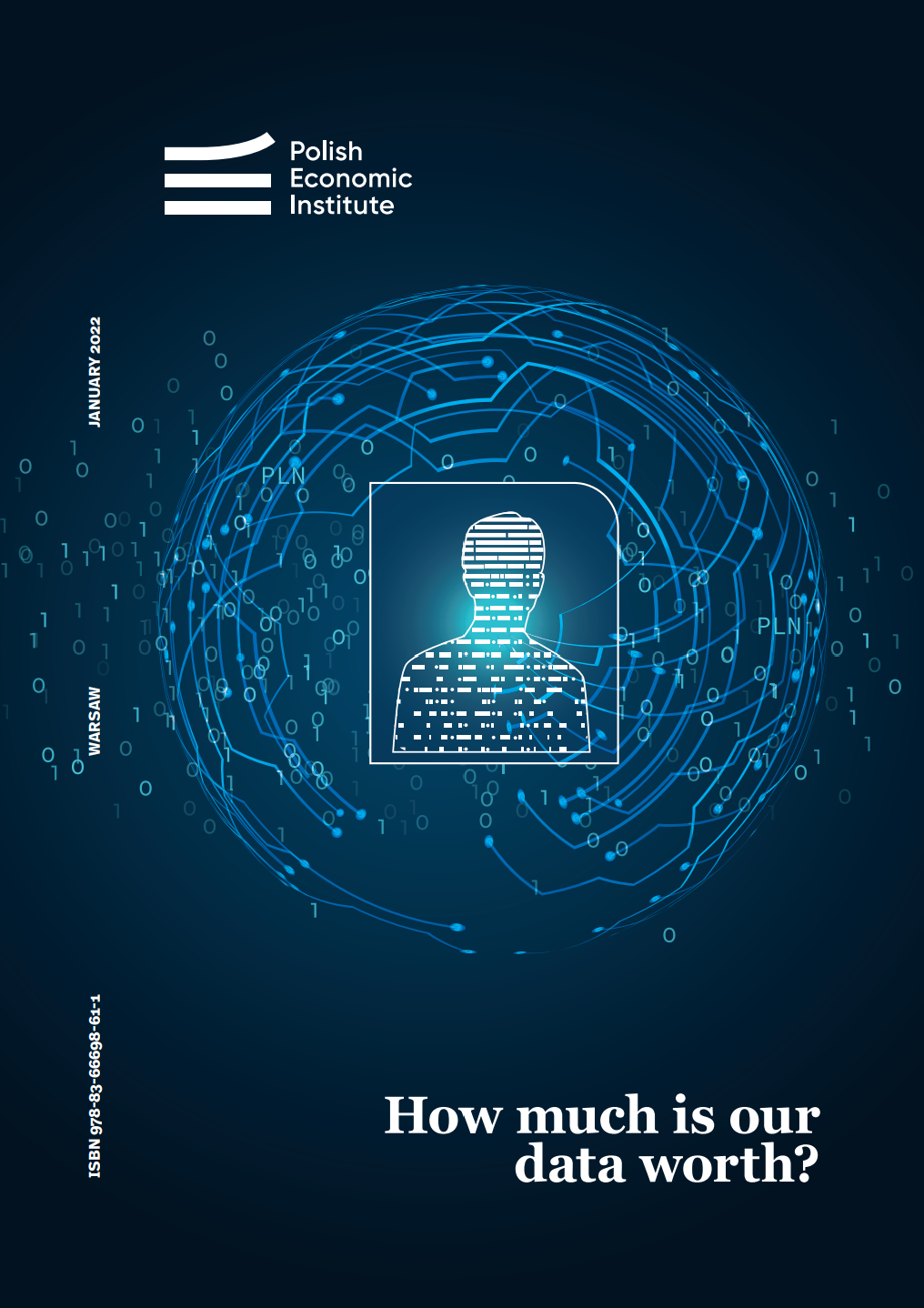The ICT sector in the Three Seas Initiative (TSI) countries is developing rapidly. The total value of exports of ICT goods and services from the TSI countries was USD 154 billion in 2021. The ICT industry generated USD 73 billion of value in the TSI countries and 4.7% of the region’s GDP. This has been accompanied by improvement in the level of digitalisation in the TSI countries. According to the DESI, the TSI countries are catching up with Finland, which opens the ranking, in three out of four categories. In a new report entitled “The ICT sector in the Three Seas Initiative countries as a regional driver of growth”, the Polish Economic Institute and the CEE Digital Coalition, a coalition of the digital industry in the Central and Eastern European countries, examine the TSI economies’ digital development and the ICT sector’s role and significance in the region.
The Digital Economy and Society Index (DESI) is the main tool used by the European Commission to measure the level of digitalization in EU countries. Although Poland achieved a score of 40.5 out of 100 in the index, placing it 24th among EU countries, the development level of several indicators is approaching that of the classification leaders, including Finland, Denmark, and Estonia. Despite the DESI methodology making it very difficult for member states to make any progress in the ranking, Poland is among the countries that are catching up fastest with the leaders. Currently, the index is undergoing a major transformation as part of the implementation of the Digital Decade, a new EU digitalization strategy. Therefore, changes are necessary in DESI to ensure a more objective assessment of the level of digitalization in individual EU countries, as outlined in the report by the Polish Economic Institute, "How to Measure the Digital Decade - Recommendations for an Evolution of the DESI Index."
In this report, we sought to measure the value of the data that Polish Internet users generate on digital platforms (social media and Internet search engines). This value was estimated from two sides: firstly, in terms of the revenue that Polish users’ data generates for digital platforms (Facebook and Google) and, secondly, in terms of the value that the users themselves assign to the data and privacy online.





